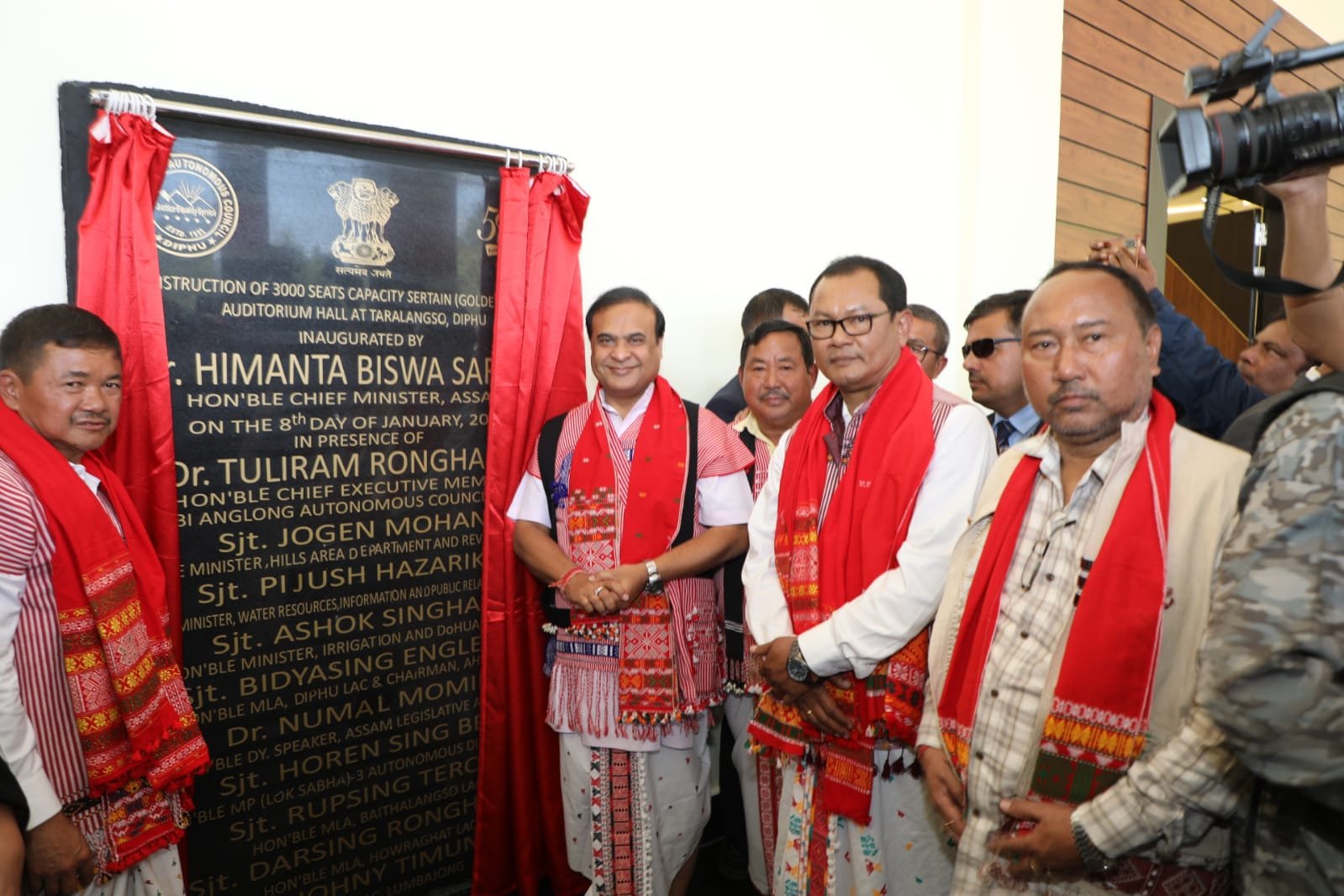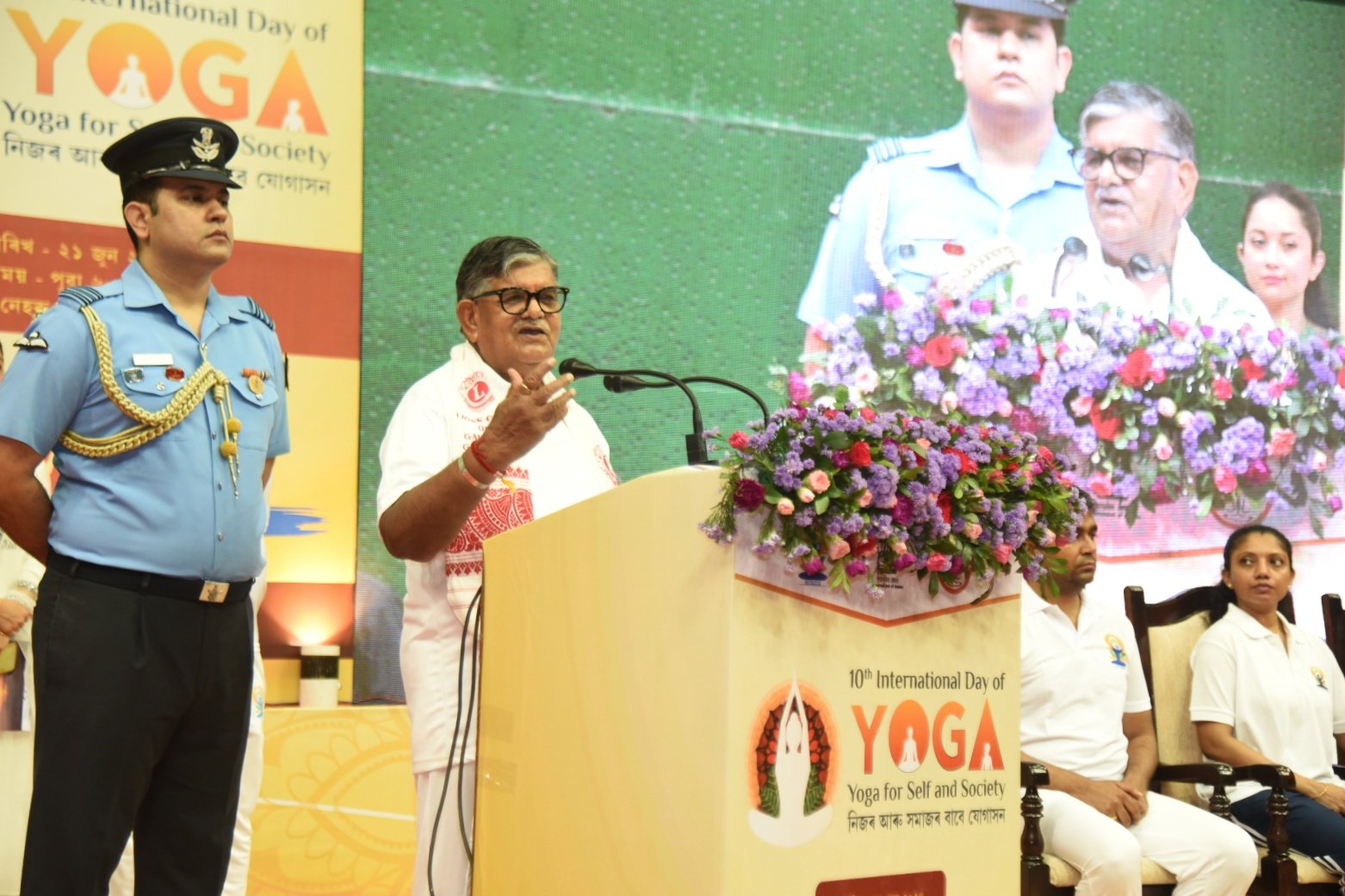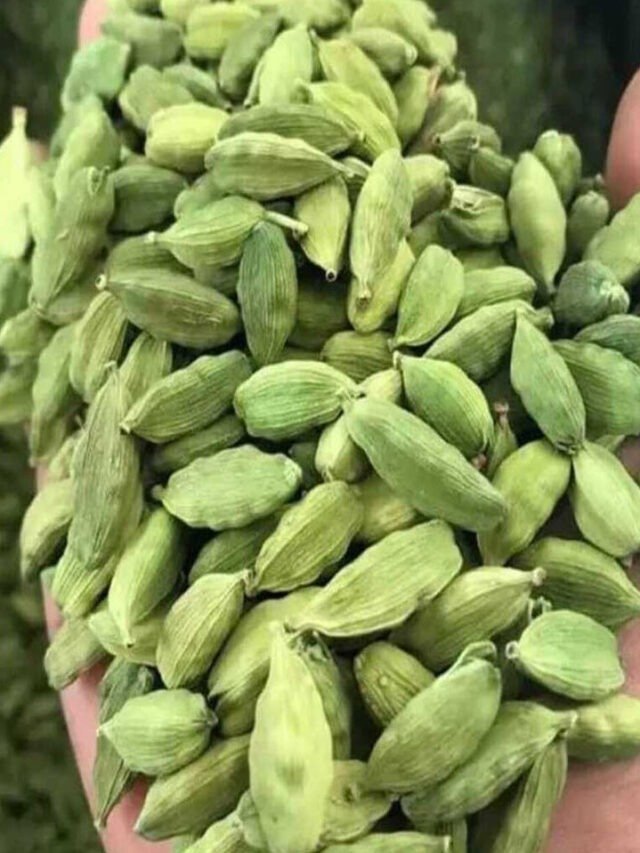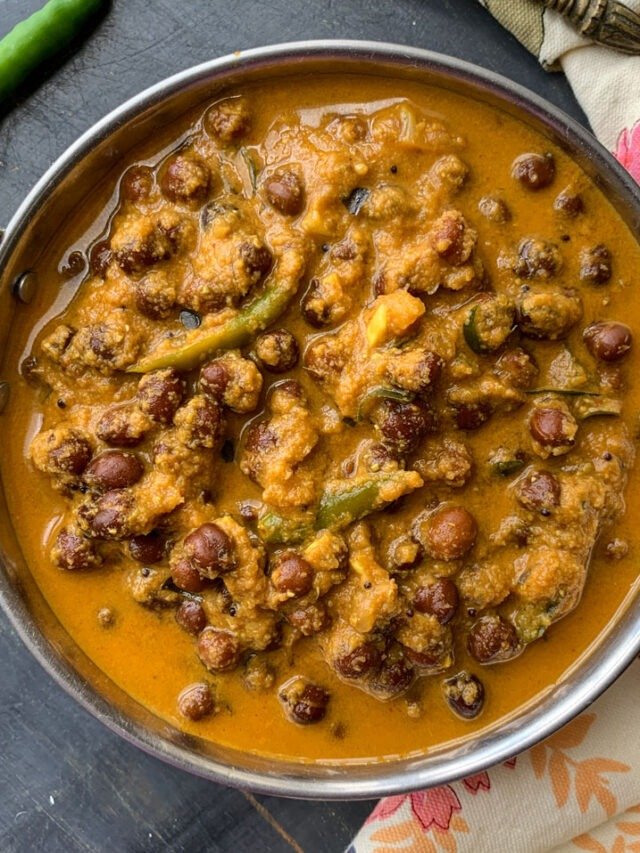HT Correspondent
KHERONI, April 18: Chief Minister Himanta Biswa Sarma, during his two-day visit to Karbi Anglong, reiterated the state government’s commitment to preserving and promoting the indigenous faith and cultural heritage of the Karbi community.
The visit was marked by his participation in the Karbi Aronbarim Armu Chingrum Ameipi (KAACA) 2.0 event, held at the Karbi People’s Hall in Taralangso, Diphu.
The event witnessed a massive turnout of over one lakh people, making it a significant gathering in celebration of Karbi identity.
Addressing the historic assembly under the theme “Nim Isi, Ning Isi” (One Religion, One Identity), the Chief Minister spoke about the importance of protecting the cultural and spiritual legacy of the Karbi people from external influences.
He emphasised the need to pass these traditions on to younger generations, so they grow up with a strong understanding of their heritage.
Sarma announced several measures to support this mission, including the construction of a Rongker Shed in every Karbi village to facilitate religious and cultural practices.
He also declared ₹10 crore for the establishment of a Theological Centre under the Aronbarim Chingrum Amei to help organise events like KAACA.
In addition, each Pujari would receive a one-time financial assistance of ₹10,000 to aid their role in preserving the community’s faith.
Reinforcing his government’s support for indigenous cultures, Sarma highlighted the creation of the Department of Indigenous and Tribal Faith & Culture to promote traditional practices across Assam.
He also extended an invitation to the Karbi community to perform their traditional dance at Guwahati’s Sarusajai Stadium, offering a platform to showcase their vibrant heritage to a wider audience.
Earlier in the day, the Chief Minister held discussions with representatives of local organisations at the Kajir Ronghangpi Guest House in Taralangso regarding the 125th Constitutional Amendment Bill.
The proposed legislation seeks to enhance the autonomy of Sixth Schedule areas in the Northeast.
Sarma noted that most regions have already given their consent to the bill, with Tripura’s recommendations still awaited, causing a delay in its introduction in Parliament.
Expressing optimism, he said he hoped the bill would be tabled in the upcoming session.
In response to media questions, Sarma addressed the issue of Karbi communities residing in Assam’s plains districts, which are recognised as Scheduled Tribes (Hills) but have not yet received their ST (Hills) caste certificates.
He assured that these would be issued upon receiving a No Objection Certificate from the Karbi Anglong Autonomous Council.
Additionally, he announced that a bill to form the Karbi Welfare Autonomous Council, dedicated to the welfare of Karbi people in the plains, would be introduced in September.
The KAACA 2.0 event brought together followers and well-wishers of the Karbi indigenous faith in a vibrant celebration of their spiritual and cultural traditions.
The programme was attended by several dignitaries, including KAAC Chief Executive Member Tuliram Ronghang, Member of Parliament Amarsing Tisso, Assam Cabinet Ministers Nandita Gorlosa and Jogen Mohan, Diphu MLA Bidya Sing Engleng, Howraghat MLA Dorsing Ronghang, the KAAC Speaker and Deputy Speaker, Karbi Recho, Executive Members, MACs, and other district leaders.
The massive turnout and enthusiastic participation reflected the strong community support for preserving the Karbi indigenous faith and identity.
The state government’s announcements and initiatives mark a significant step towards empowering the Karbi community and ensuring the continuity of their cultural legacy for future generations.












